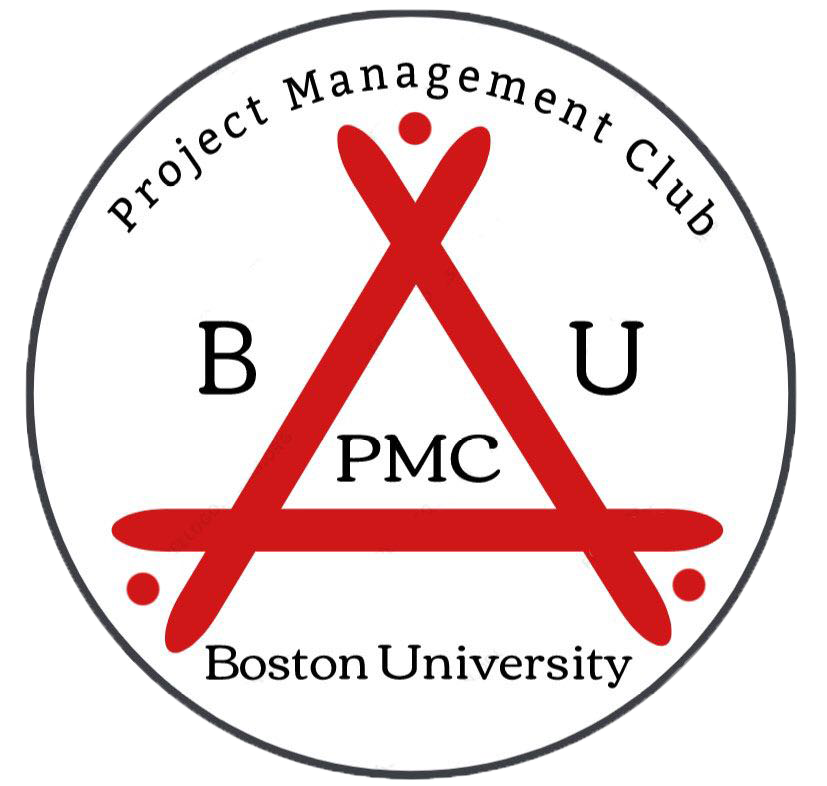Earning the Certified Associate in Project Management (CAPM) certification is a significant milestone that requires dedication, strategic planning, and effective time management. Kenisha D’costa, a Health Informatics major with a concentration in Health Information Management at Boston University, recently achieved this goal. Here, she shares her journey, insights, and the strategies that helped her succeed.
Kenisha’s passion for project management within the healthcare sector drove her to take on the CAPM challenge. Currently working as a research assistant under Professor Vijay Kanabar, she balanced her academic and professional commitments while preparing for the exam. “I gave myself a focused two-week study period, utilizing every resource I could find, especially online resources and the Certified Associate in Project Management book.”
Overcoming Challenges
Kenisha found the most challenging aspect of preparing for the CAPM exam was managing the extensive amount of material. “It was crucial to believe in my abilities and not second-guess myself,” she reflects. She emphasized the importance of time management and dedicated specific parts of her day to study, complemented by regular self-assessment quizzes.
Effective Time Management
Kenisha’s preparation was structured and intensive. “In the first week, I dedicated four hours per day to studying, increasing to six hours per day in the second week. This routine ensured that I covered all necessary topics and was well-prepared for the exam.”
Essential Study Materials
Kenisha found the “Certified Associate in Project Management (CAPM) Exam Official Cert Guide” published by Pearson, co-authored by Professor Vijay Kanabar, to be particularly helpful. “This guide gave me a solid understanding of the concepts needed for the exam. I also referred to the 7th edition of PMBOK to reinforce my learning.”
Study Techniques and Strategies
Understanding the core concepts and their practical applications was central to Kenisha’s study strategy. “The exam tests how well you can apply concepts in real-world scenarios,” she explains. She supplemented her learning by researching practical examples related to the theoretical concepts.
Practice Makes Perfect
Kenisha utilized online resources and ChatGPT for practicing sample questions and mock exams. “These tools provided a clear idea of the 2024 CAPM exam pattern and the types of questions I could expect,” she notes.
Crafting a Study Schedule
Kenisha highlights the importance of a well-structured study schedule. “Creating a schedule and sticking to it is essential. Make sure to include breaks and don’t stress if you occasionally deviate from the plan. Enjoying the learning process and relating concepts to real-life situations made studying more effective for me.”
Managing Stress
In order to handle stress, Kenisha turned to her support network and personal hobbies. “Talking to friends and family, going for walks, listening to music, and cooking helped me stay calm and focused,” she shares. These activities provided a balance and helped her manage the pressures of exam preparation.
Tackling Tough Questions
Kenisha’s approach to difficult questions was methodical. “With 150 questions to answer in three hours, you need to manage your time efficiently. Analyzing the options and choosing the best fit was key. Spending too much time on one question can jeopardize your ability to complete the exam.”
Looking back, Kenisha wishes she had managed her anxiety better. “I tended to stress over small obstacles. It’s important to stay calm, analyze the situation, and think like a project manager. Approaching stress as a challenge to overcome can make a big difference.”
Now that she has earned her CAPM certification, Kenisha is excited to apply her knowledge in the healthcare industry. “The concepts I learned have equipped me with valuable techniques and tools. I look forward to advancing my career and making meaningful contributions to healthcare project management.”
Kenisha D’costa’s journey to CAPM certification is a powerful example of what can be achieved with dedication, strategic planning, and effective study techniques. Her success is an inspiration to aspiring project managers and a testament to the value of perseverance and hard work.
Stay tuned for more stories of success and valuable insights from the Boston University Graduate Project Management Club as we continue to support and empower future project management professionals!

